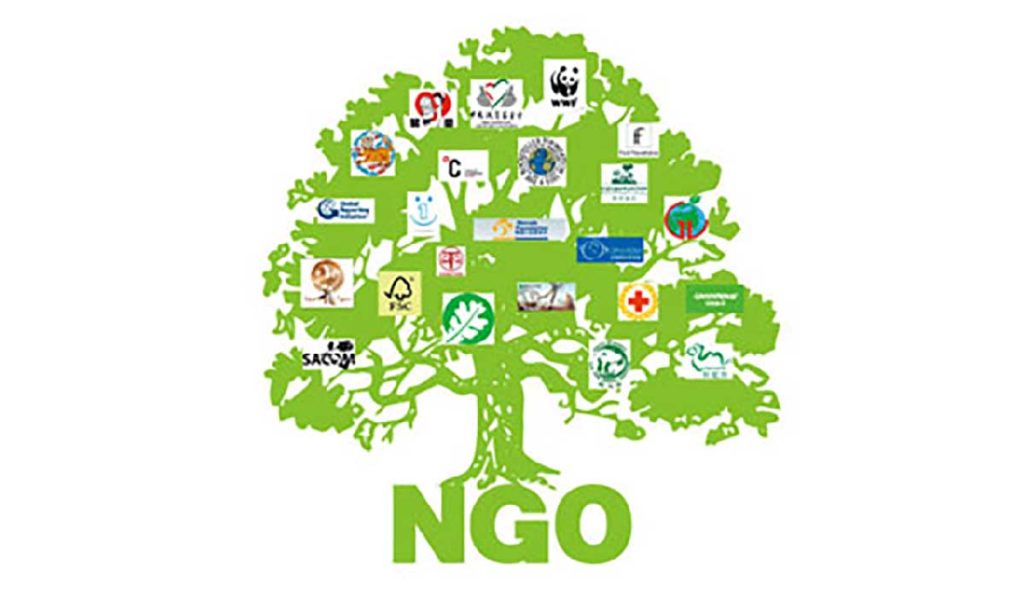ASM Shahidul Haque
A development worker
Email: shahidulhaque72@gmail.com
This is part four of a series of blog “A General Outline of Evolution of NGO and Development Work in Bangladesh”. Read previous parts here.
There is no doubt, many benefited directly or indirectly by activities of NGOs and development organizations in Bangladesh for last 47 years. Even more people received benefit of development work by means of ‘trickle down’ effect. There were employment generation, women empowerment, transfer of improved technologies, and better access to WATSAN by many people due to development works.
But there were side effect of NGOs and development work as well. Hotels, restaurants, transportation service providers, seminar halls, workshop venues, house owners received indirect benefit from funds that flowed to NGOs. Business boomed for motorbikes, air conditions, ICT devices, internet services, security services, software, hardware and vehicle rentals.
More importantly there was adverse effect observed in project implementing bureaucrats of government line and extension organizations and on the overall bureaucracy of the country. Different important organizations somehow became highly dependent on foreign funded projects. Project implementation responsibility, as an additional obligation, became most lucrative, for many government staffs. For many, project responsibility benefit offered more than that of government salary and facilities. Expensive furniture, foreign trips, air condition systems, desk tops, laptops, printers, photocopiers, expensive four wheel drive vehicles at government offices came from projects funding, not from government funding in most of the cases. Project association meant prestige and fortune. Many started longing for it. Thus it will not be unrealistic if many consider that overall efficiency of government bureaucracy reduced. No doubt, many departmental staffs felt reluctant to perform regular duties and were most interested to perform for a project job because that was highly rewarding.
On the other hand, NGOs had to sign MOU with concerned and relevant government organizations to implement projects. So, NGOs and development organizations had to pay remuneration to concerned line and extension agency staffs. Bureaucrats received vehicles, ICT devices and compensation for playing their role. Often NGOs had to, either employ ex-departmental high official or use few current high officials (some time both) to ensure obstruction free implementation work and cooperation when it became necessary to work with a government line or extension organization. Thus NGOs and development organizations had to take any measure to ensure positive support from government bureaucrats. If they are friendly, it is easier to implement. But when an NGO employs government bureaucrats and put them in charge, then slowly but surely the NGO turn into government organization and the momentum slows down.
The most important adverse effects, NGOs and development organizations have created expectations among general people, private organizations, government staffs and bureaucrats. Everybody started thinking that NGOs will provide something for free. General people started to fabricate stories of miseries to be part of direct beneficiary. Private organizations are looking for easy fund, whenever an NGO is looking for a private partner forgetting their CSR. And the expectation of bureaucracy is at a very high level, can start with demand for foreign trips, scholarships, office equipment etc. So, in summary, it can be said that, somehow, very unfortunately, NGOs and development organizations played role in reducing self-respect, self-initiative among general people, increased greed and expectation of easy fund among private organizations and diminishing sense of national pride and responsibility among bureaucrats.
(I wish to get reader’s feedback. I also hope to pick another specific topic in my next blog.)



